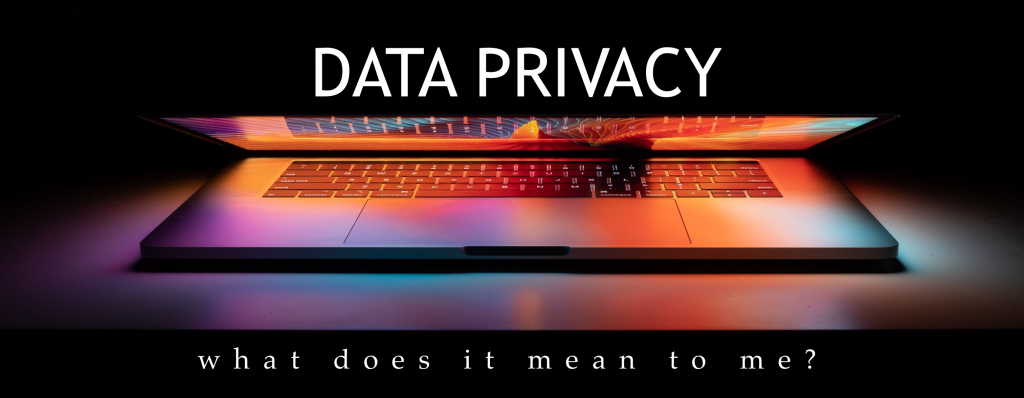
For our Ed Tech Inquiry project, Acacia, Mark and myself have chosen to investigate data privacy and how it should be translated to our students and our future role as educators. However, to begin this inquiry, we want to start by defining what data privacy means to us.
Personally, I’ve been on the fence as to what data I am willing to share with the world. Let me start by saying that I’m a part of a number of social media sites and I am aware that my data is being used by these entities for purposes such as advertising and marketing. And I’m okay with that – honestly it can be rather convenient when Facebook reminds me, through targeted ads, that I was looking for a new rain jacket for the season. At this point, I’m under the impression that this form of data collection is nearly unavoidable as we continue in age of information. What I’m not okay with is confidential content, such as personal and financial information, being collected and held on to by big data companies around the world.
I am willing to admit that I am currently rather naive about my own levels of data privacy – and that’s a large part of why this question of inquiry intrigues me. I use the internet and social media in a fairly innocent way, therefore I have nothing to hide, right?
At least, that’s how I felt before I watched “The Great Hack” on Netflix. This documentary followed the use of data in the 2016 US election as well as the 2017 Brexit campaign and demonstrated how our data is being used for far more consequential reasons than advertising. This opened my eyes to the importance data, and therefore data privacy, in our future. If this information can be harvested and analyzed in order to target the “persuadables” in any given election or political campaign, I don’t see a conscious line that is keeping those in power from manipulating us with our own, freely given, data.
Recent Comments